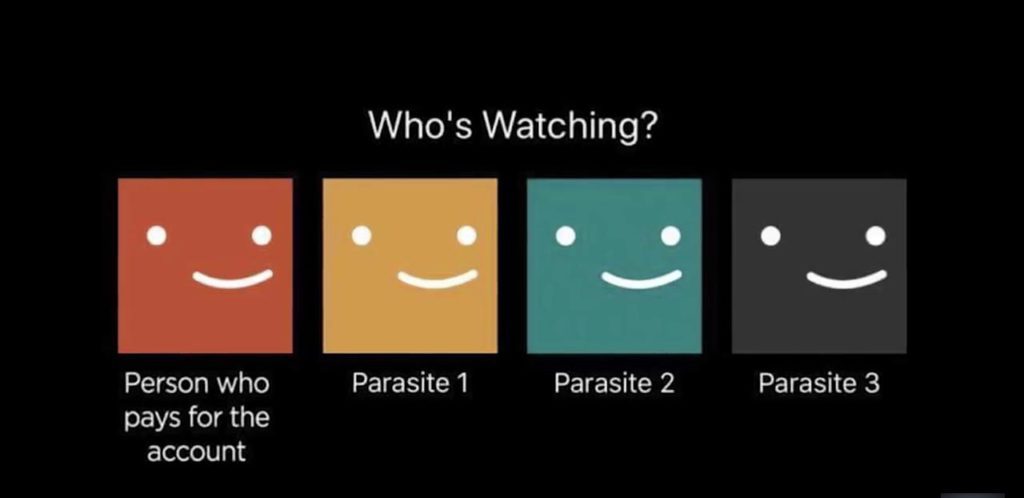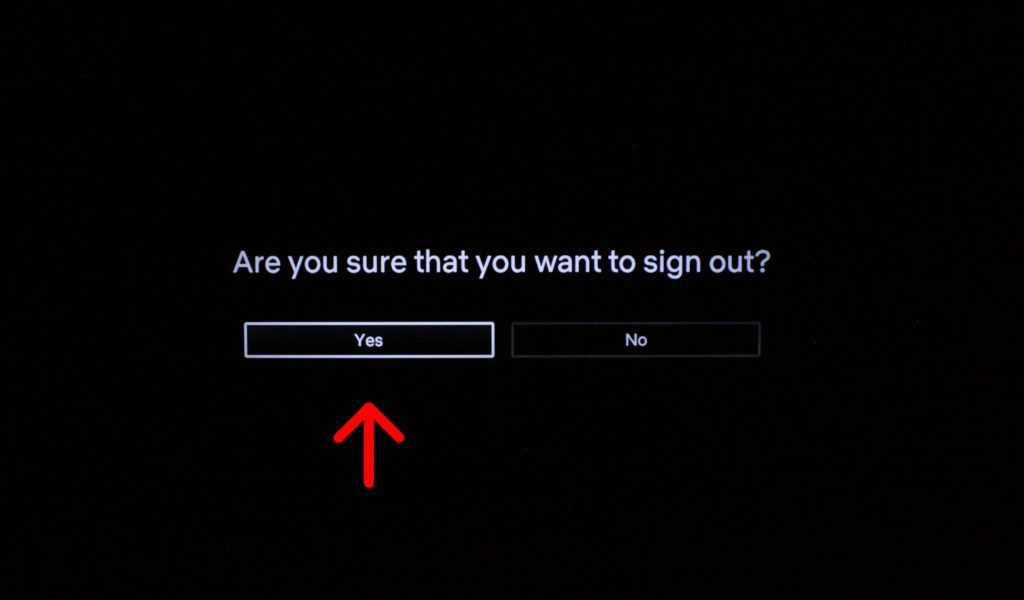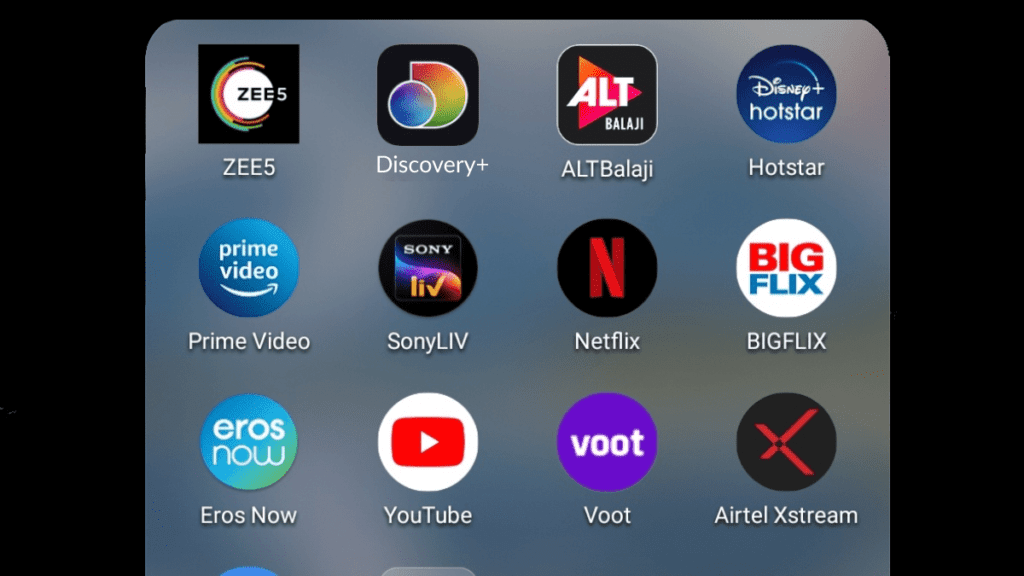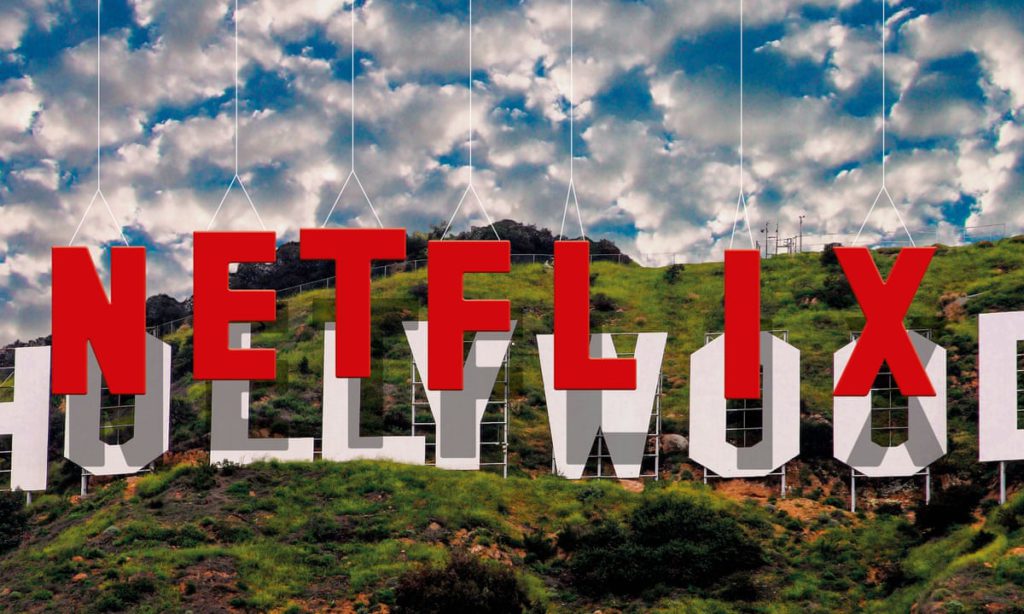Netflix, the once unrivaled streaming giant, is facing an uncertain future as it grapples with various challenges that threaten its dominance in the market. Recent changes to its password-sharing policies, declining perceived value, intense competition, and controversial content decisions have all contributed to a growing sense of unease surrounding the company’s prospects. In this article, we will delve into these factors and explore why Netflix might be at risk of faltering in the near future.
Password-Sharing Policies
Netflix’s decision to crack down on password sharing has sparked conversations and negotiations among users accustomed to the convenience of shared accounts. While the company’s move was aimed at curtailing account misuse, it has created a potential hurdle as users now have to determine who will pay for the additional slots. This change could lead to disgruntled users seeking alternatives or exploring other streaming platforms that offer more flexibility in sharing accounts.
However, it is worth noting that the initial backlash to the password-sharing crackdown has been somewhat tempered by the introduction of a profile transfer feature, allowing formerly shared users to maintain their viewing history and preferences.

Perceived Decline in Value
Netflix’s once-untouchable position as the go-to streaming service has been eroded by increasing subscription costs, a dwindling library, and mixed content offerings. A significant number of former subscribers cite price increases as the primary reason for cancelling their subscriptions. The streaming landscape has become crowded with a number of competitors vying for consumer attention. Netflix’s library has also diminished as original content creators- including major studios and networks- have reclaimed their titles for their own streaming platforms. Consequently, Netflix’s content lineup has gone down in quality, making it harder to justify the subscription cost for some viewers.

Public Perception of Netflix
Netflix’s future is further clouded by questionable business decisions and controversies. The company’s plans to crack down on password sharing and introduce ad-supported subscription tiers have been met with scepticism, as they do not resonate with subscribers seeking added value. Moreover, Netflix’s controversial content choices, such as its support for a certain comedian and his transphobic jokes, have raised concerns about the company’s commitment to inclusivity. This has led to public backlash and calls for a reevaluation of the company’s content strategy. These controversies and missteps have damaged Netflix’s reputation and created a sense of disillusionment among its user base.

Competition in the Streaming Landscape
While Netflix still boasts the largest user base in the streaming market, the intensifying competition poses a significant threat to its dominance. Other streaming platforms such as Hotstar, Prime Video, and Sony Liv (to name a few), have emerged as strong competitors, garnering attention and surpassing Netflix in perceived value. These streaming platforms, backed by major studios and networks, have begun to chip away at Netflix’s content library and subscriber base. As consumers have more choices than ever, Netflix’s inability to secure exclusive content deals and retain popular shows and movies could further weaken its position and drive users toward alternatives.

Read More: A Truly Unfiltered Review Of Netflix’s Social Currency
The Legacy Streamer Dilemma of Netflix
Despite its relatively short history, Netflix is often considered a legacy streamer due to its pioneering role in the streaming industry. While this status has provided the company with a head start, it also brings public expectations and responsibilities. Netflix must adapt to an ever-evolving market and compete against newer, innovative platforms and cannot solely rely on its legacy status to guarantee its future success.

To overcome the hurdles it faces, Netflix must adapt its strategies by addressing pricing concerns, revitalizing its content library, and making thoughtful content decisions that resonate with its diverse audience. By doing so, Netflix can reestablish itself as the unrivaled streaming giant, ensuring a bright future amidst an ever-evolving industry. Failure to navigate these challenges effectively, however, could result in a loss of subscribers and a weakened market position.
The road ahead for Netflix requires careful planning, bold decision-making, and a renewed commitment to meeting viewers’ expectations. Only time will tell if Netflix can overcome these obstacles and maintain its place at the forefront of the streaming revolution.


